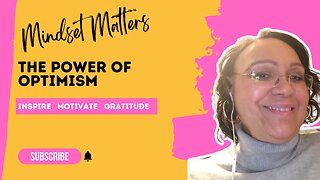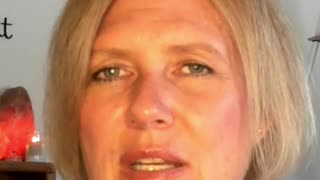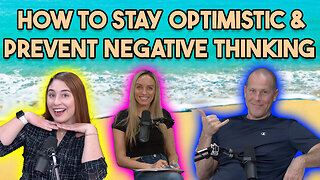How to Develop Optimism
Optimism can be learned. Utilizing the Ellis ABC Model, we can learn how to respond differently to adversity by talking ourselves through defeat.
Adversity
o The event that happens
o Example: “I have a flat tire.”
Belief
o How the adversity is interpreted
o Example: My response is, “I always have bad luck, why does this happen to me?”
Consequences
o Feelings
o Actions
o Example: “You feel hopeless, angry, grouchy, yelling at your spouse in the car.”
The ABC method is how we redirect the pessimistic attitudes we all have. How can we be proactive daily to build muscles of optimism, so it is more natural for us to respond positively in thought & action to diverse events?
Shawn Achor has conducted a multitude of studies worldwide about happiness. His findings have been adapted with the following 3 steps to daily build optimism skills:
BE Thankful: Daily Acts of Gratitude
o Journal three things you’re grateful for the past day. Consider our breathe, that we are alive, & hearing the birds sing.
o Write down a positive memory from the past 24 hours in detail for a few minutes. As you remember it, your brain labels it as meaningful and deepens the imprint.
o Compose an email or text to someone thanking them for something they said, did or just our thankfulness for their presence in our lives. Our brains become addicted to feeling good by making others feel good.
2. Connect with Others & God: THE Key to Happiness & Well-Being
o Spend time with family and friends. Our social connections are one of the best predictors for success and health, and even life expectancy.
o Connect with your faith. Studies show those who live close to their spiritual beliefs have higher levels of optimism.
o Engage in a small act of service. For example, you could offer to mow an elderly neighbor’s lawn, or take out their trash.
A large volume of research shows that people who are more religious/spiritual have better mental health and adapt more quickly to health problems compared to those who are less religious/spiritual. These possible benefits to mental health and well-being have physiological consequences that impact physical health, affect the risk of disease, and influence response to treatment.
3. DO what you can with what you have & LET GO of what you can’t control!
o Make a list of things that are not in your control, ie. the amount of emails in your inbox, war in the world.
o Make a list today of things that are in your control, ie. how you manage workflow to respond to the emails, making good decisions in how you live your life.
o Write down the items you listed that you cannot control on a balloon and let it go into the atmosphere! This symbolizes your decision literally to identify & let go of what is not in your control daily.
Full articles on MIRROR: https://bit.ly/happychurchleadership
-
 58:30
58:30
Welcome To Empowering Growth!
3 months agoDeveloping a Strong Mindset for Success
141 -
 1:01
1:01
Desiboylee
3 months agoCultivating Positive Mindset
15 -
 10:01
10:01
EnlightenedLotus
1 month agoCultivate Optimism and Inner Joy | 10 Minute Guided Meditation Journey
1 -
 0:15
0:15
Lets Connect For Better Life
3 months agoLet's think positive to get success
83 -
 4:55
4:55
MariaCebreco
4 months agoThe Power of Optimism - Inspiration motivation gratitude - Mindset Matters
7 -
 1:17
1:17
FKCHealth
24 days agoThe Power of Optimism- Embracing a Positive Mindset for Success
5 -
 8:08
8:08
The Fearless Networker Show
3 months agoSay “No” to Succeed
26 -
 0:25
0:25
Tracy Gohrick Light Hope and Healing
25 days agoHow To Build Strong Relationships Cultivating Positivity
19 -
 0:20
0:20
LegacyGentlemen
2 months agoOptimistic people will change the world, for the better.
-
 9:54
9:54
Coach Corey Wayne
3 months agoHow To Stay Optimistic And Prevent Negative Thinking
155